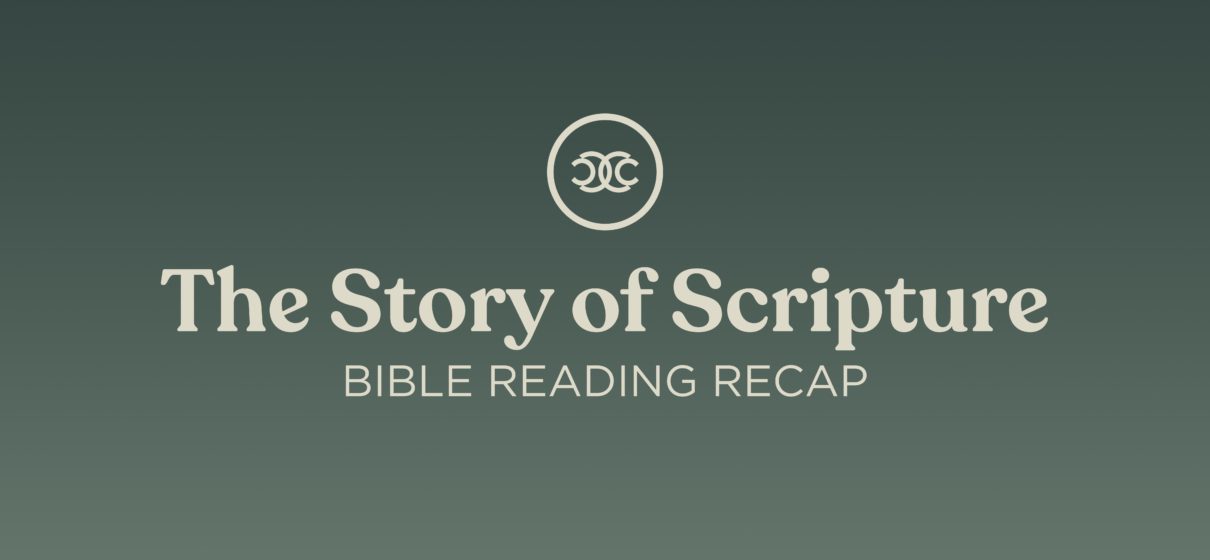70: The Story of Scripture – 1 Samuel 19-24
In this episode of The Story of Scripture, Ted Ryskoski, Lance Lawson, and Rachel Chester discuss the juxtaposed hearts of Saul and David. What makes David a worthy king? Why won’t Saul accept his fate? What is really going on between David and Jonathan? These famous stories have an historical context, but are still relevant today.

